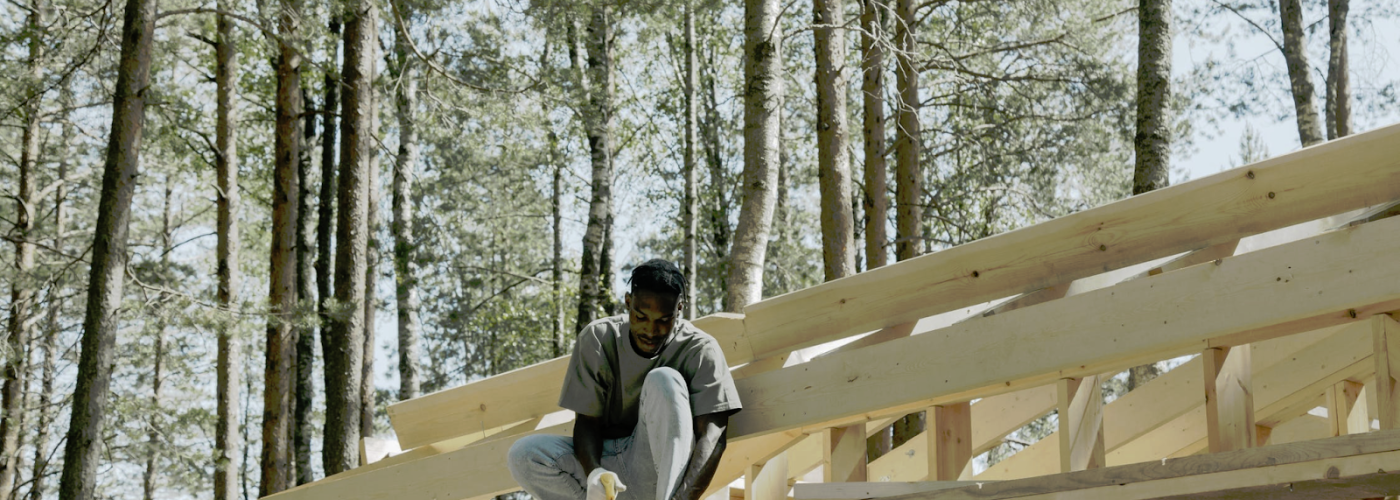The construction industry is one of the world’s largest and most economically important sectors, employing millions of people and generating trillions of dollars in revenues each year.
Because of this, it’s often seen as an attractive option for anyone who wants to get into a profession that will have a consistent demand for their skills, and a good amount of portability and flexibility to go along with it.
If you’re considering a job in construction, but you don’t know where to get started, or what opportunities for advancements there are, here’s an overview of the basics to bring you up to speed.
All-purpose laborers
For a lot of workers in construction, their first experience of the industry is as an unspecialized manual laborer or operative.
Duties can vary wildly, from handling materials and tools to putting finishing touches to projects already in progress.
You may need only a basic license to fulfill this type of role, and many laborers have only temporary contracts with their employers.
This is why it is sensible to take construction training programs via services like Construction Ready. You’ll need the right training and qualifications to take any career in this industry to the next level, and move beyond the often restrictive and unstable world of casual laboring.
Painting & decorating
Preparing the interior of domestic or business premises after the bulk of the construction has finished is a mixture of science and art. Designs need to be followed, and there is room for creative flair alongside the more rigid, manual aspects of applying paint and fulfilling other decorative needs.
This is another type of job which can be carried out by newcomers, and yet also has opportunities for progression for those that take up training and apprenticeships to hone their skills and make themselves more valuable to prospective employers.
Maintenance
While new construction projects are increasingly common, another huge aspect of the industry is the maintenance of existing buildings. This can require a different set of skills, but still means that you need to be ready for a decent amount of manual labor, as well as being good with your hands and equipped with decent problem-solving faculties.
Maintenance in construction can involve everything from hanging doors and repairing flooring to fixing leaky roofs and even full-blown carpentry.
Plenty of people who begin a career in maintenance-related roles will start out working for others, and then eventually strike out on their own, starting a business which they are responsible for running.
This reveals the additional flexibility of getting an entry-level construction job; while you can simply tread water year after year, there are also opportunities to take the bull by the horns and achieve your own progression if you have an entrepreneurial spirit as well as the skills and know-how to serve clients well.
Transport
Getting materials to and from construction sites is key in order to ensure that projects are completed on time and to budget. Thus a lot of the people employed in this industry work as part of the transport operations, without necessarily needing to get stuck into the construction work itself.
Of course, there are skills to learn and qualifications to acquire in order to forge ahead with a career in transport. To drive the highest capacity vehicles and operate the machinery for loading and unloading materials, for example, is not something you can do with a basic license.
Transport skills and qualifications acquired in construction are also completely transferable if you want to work in other forms of transport later on, such as long-distance haulage.
So as you can see, there is career progression to be had in all manner of construction roles, and opportunities aplenty for people of different dispositions.





